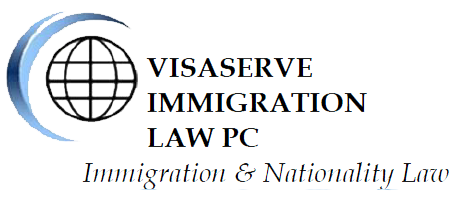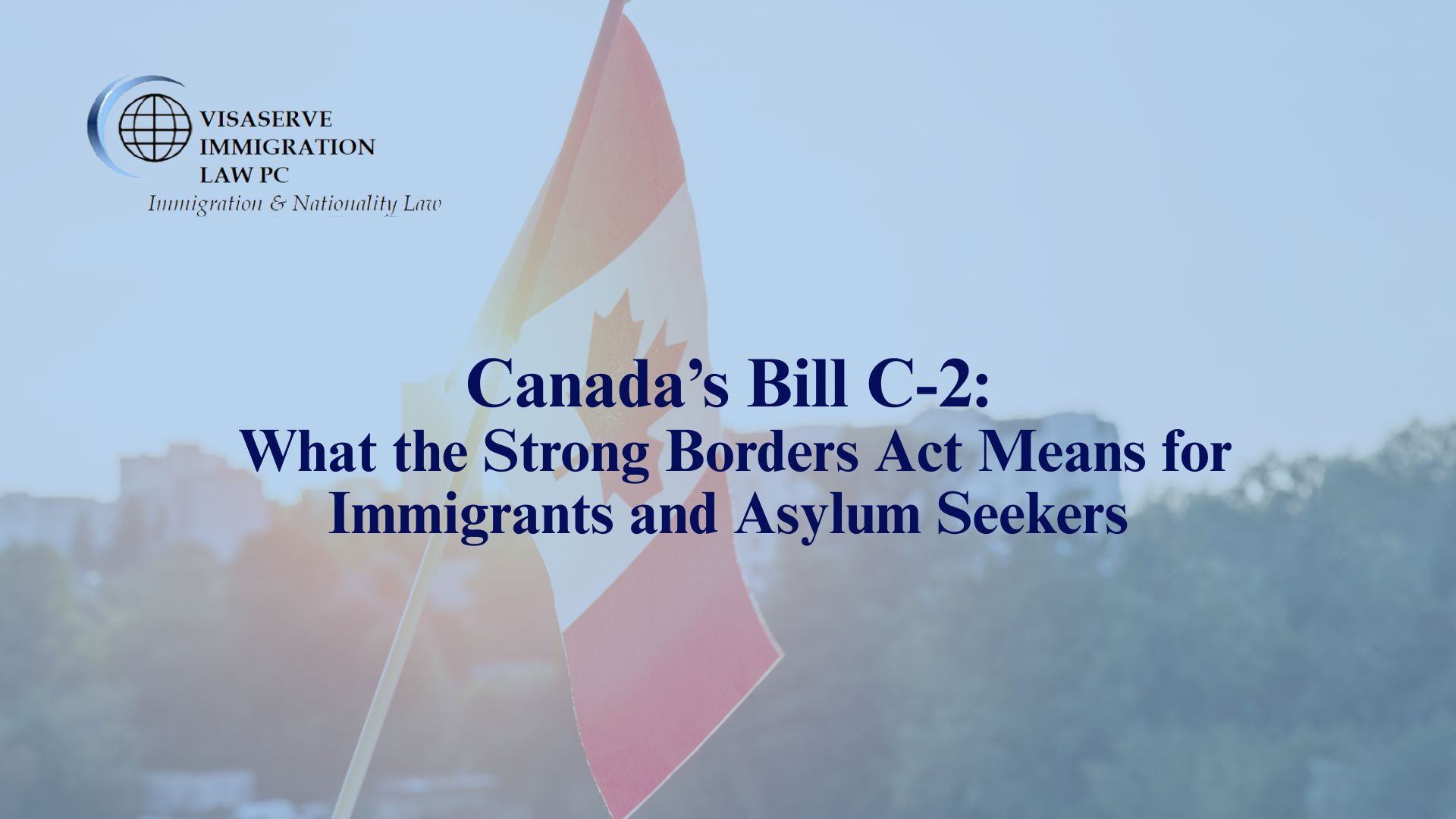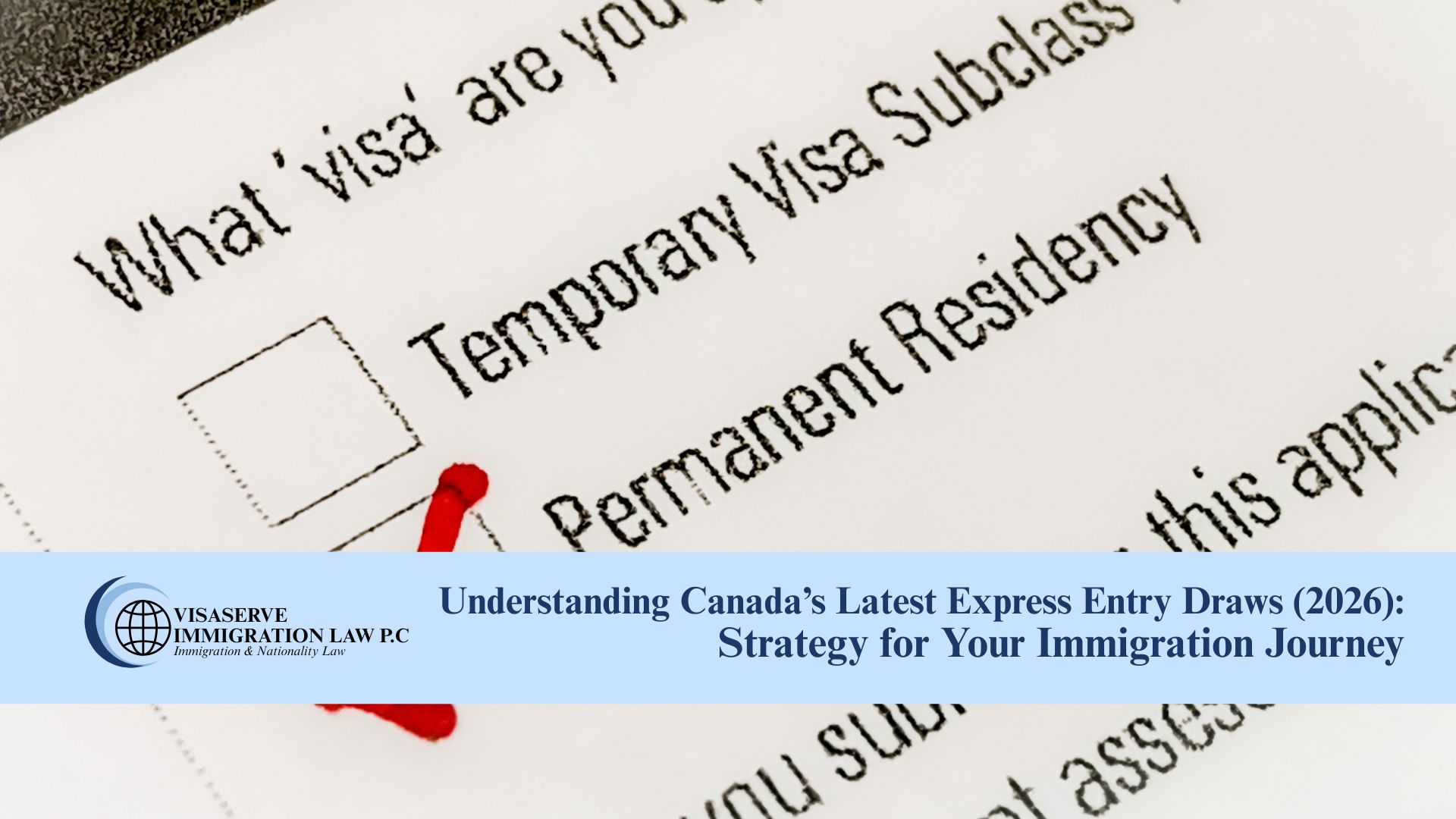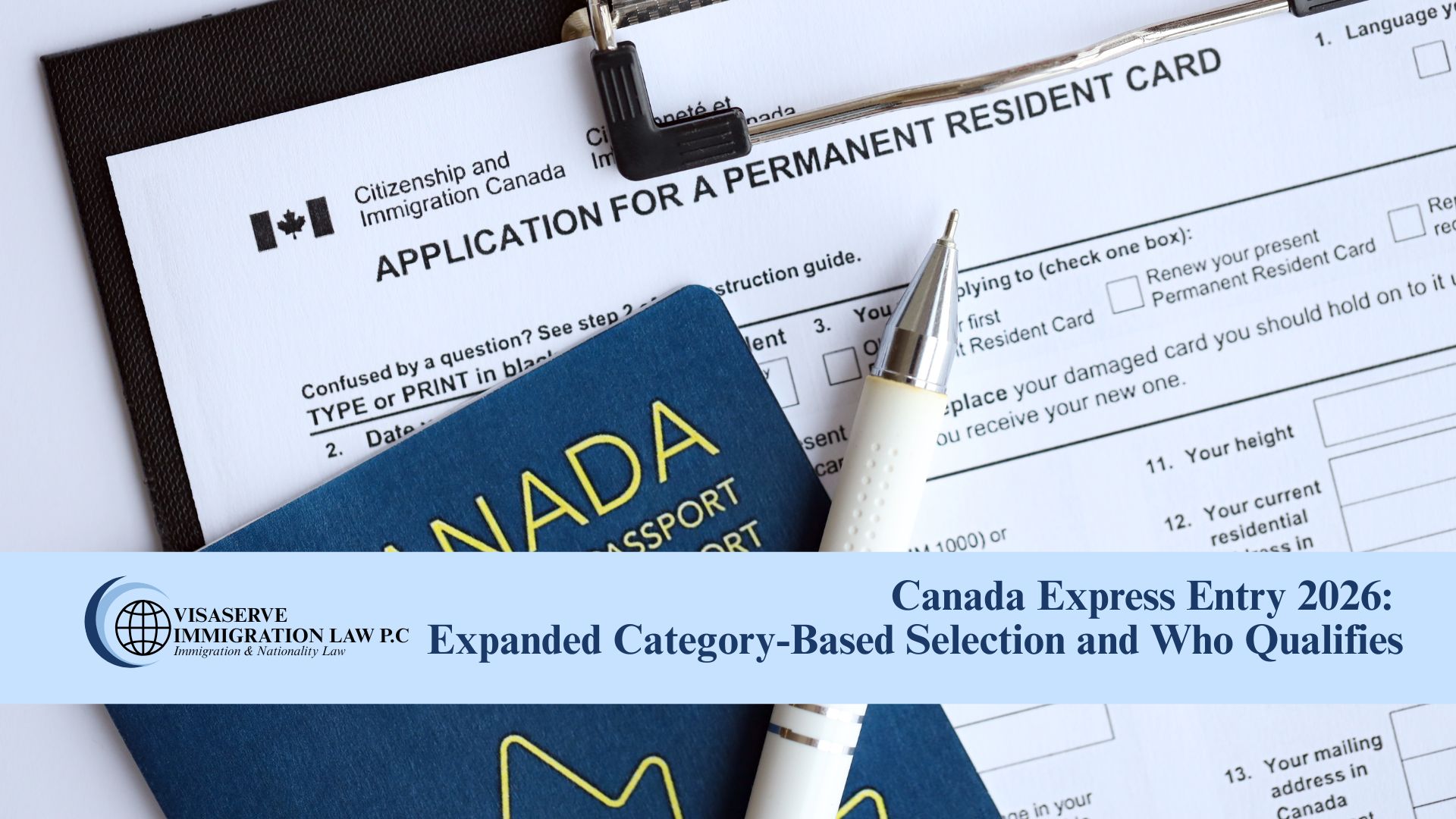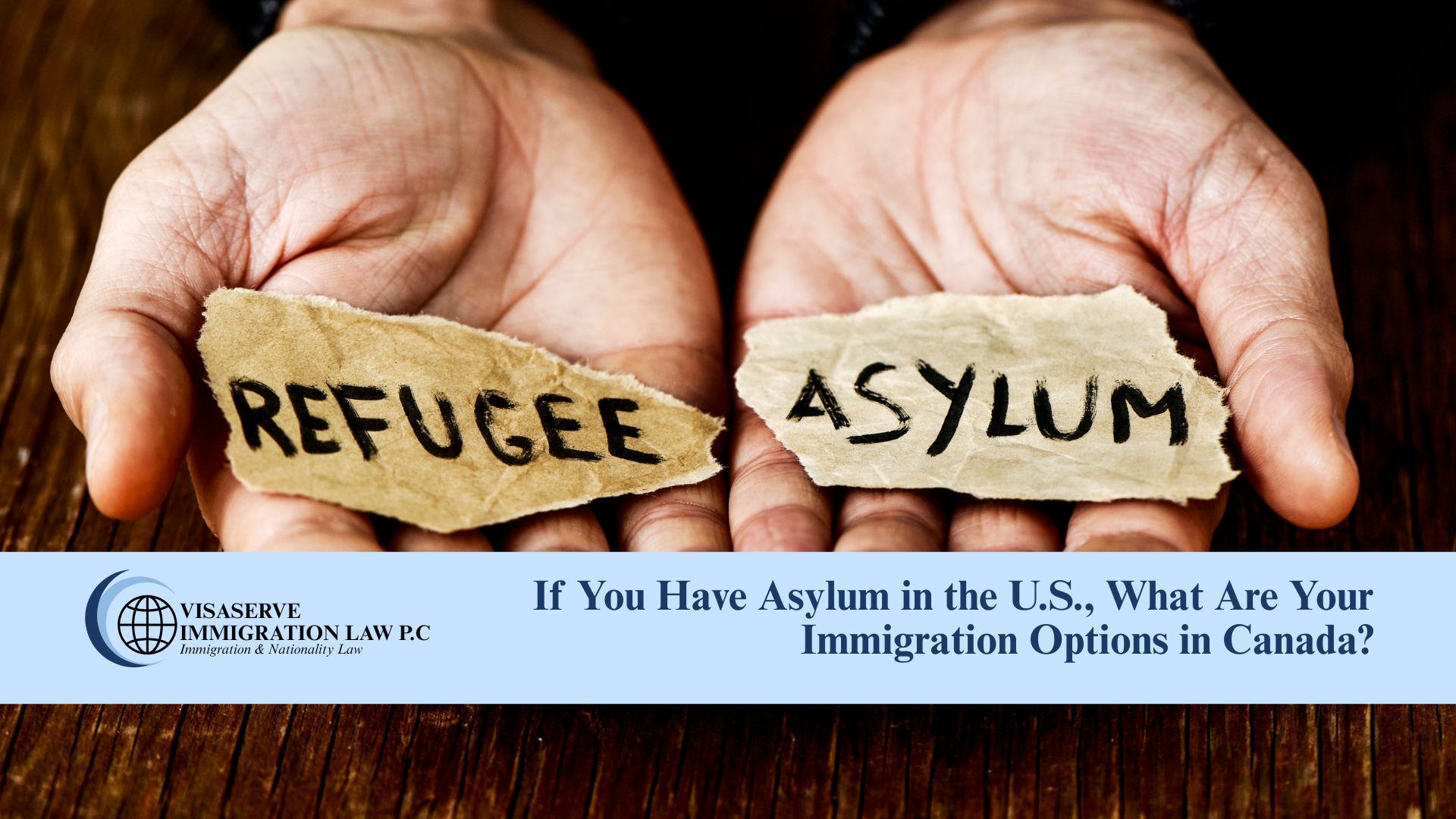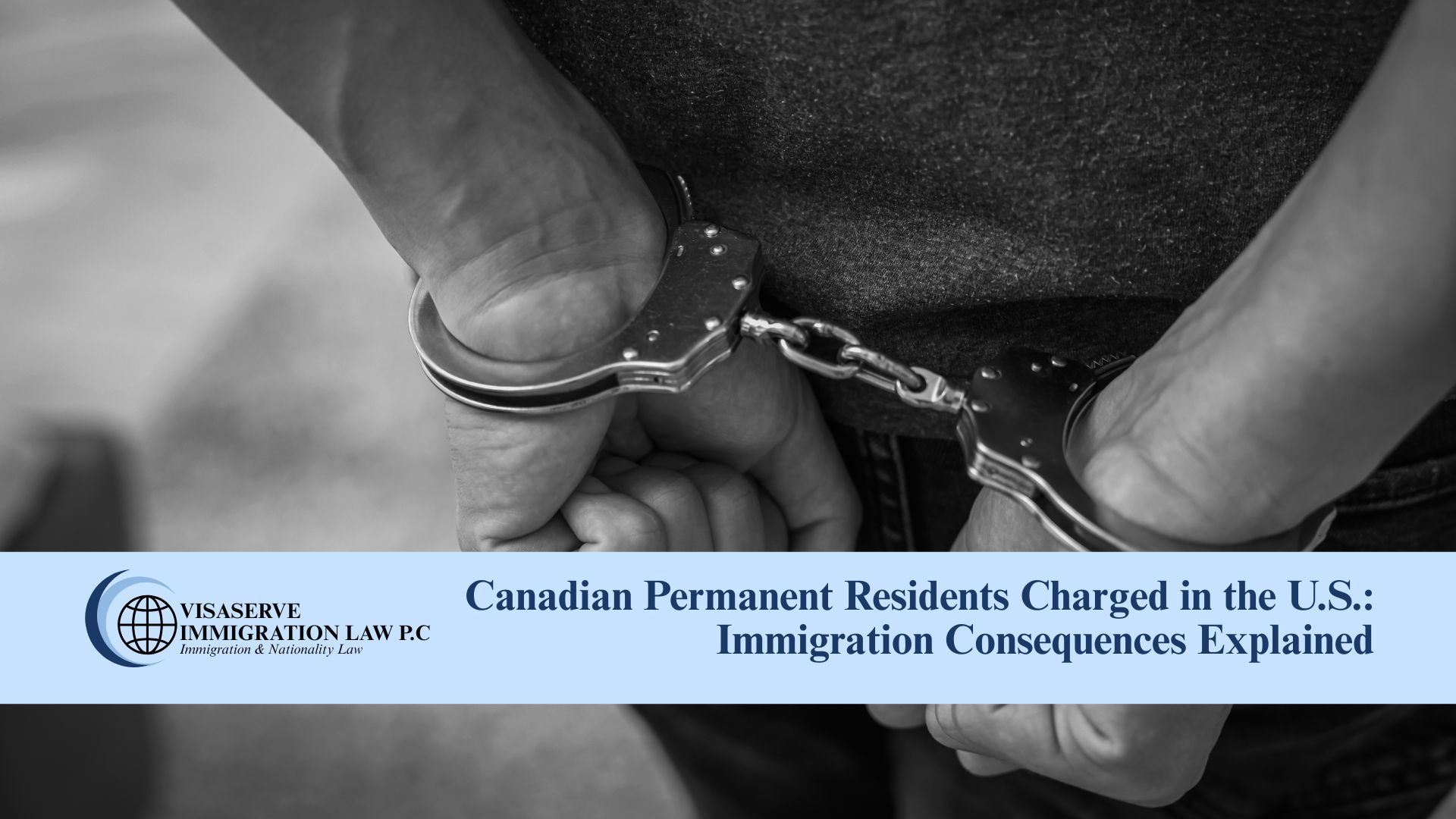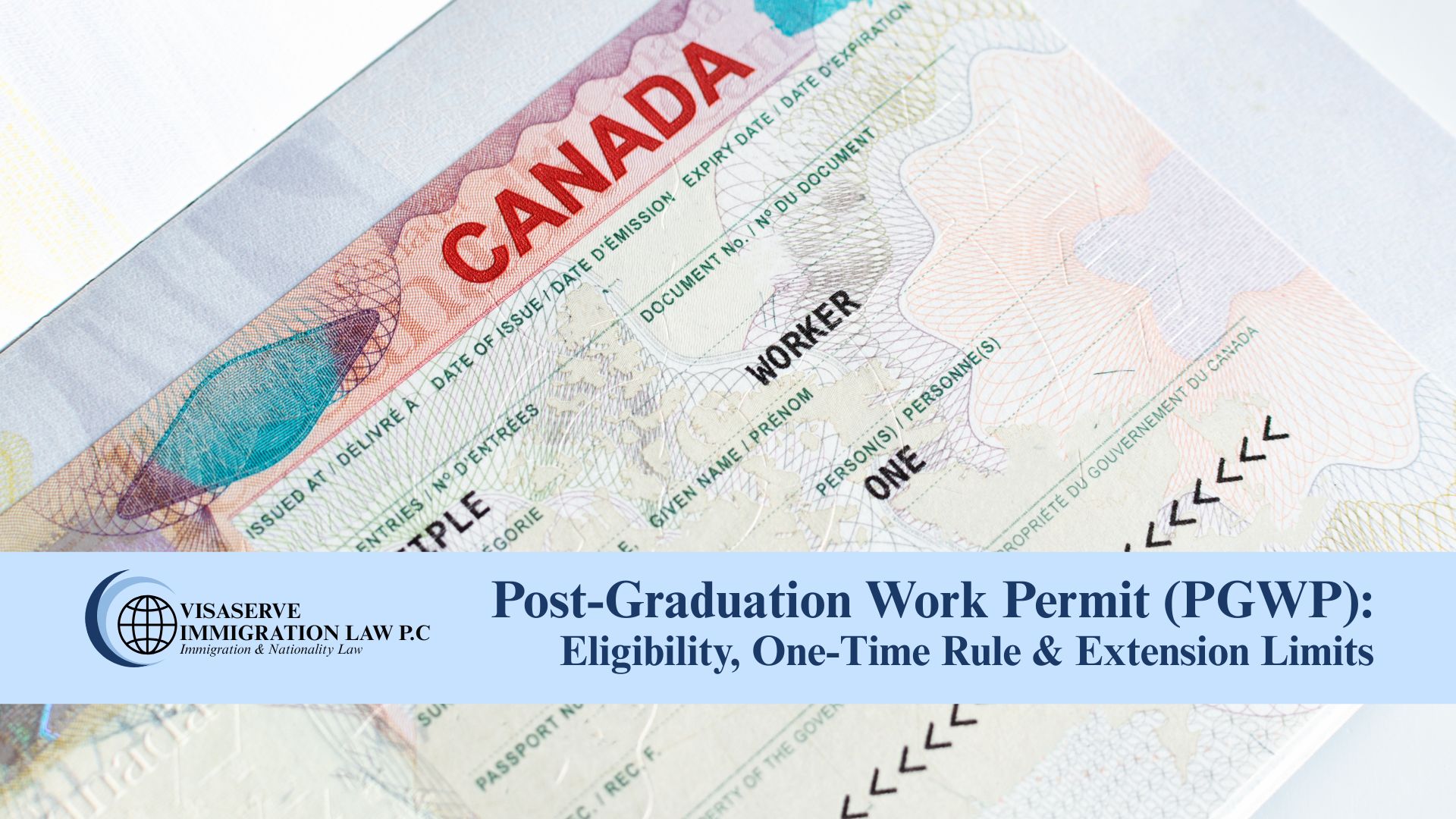Canada’s newly introduced Bill C-2, known as the Strong Borders Act, represents a significant shift in the nation’s immigration and border security policies. While the government asserts that the bill aims to bolster national security and address issues like organized crime and drug trafficking, it has sparked considerable concern among immigrant communities, human rights organizations, and legal experts.
Key Provisions of Bill C-2
The Strong Borders Act encompasses a range of measures that could profoundly impact immigrants and foreign nationals:
1. Restrictive Changes to Asylum Eligibility
-
Time-Based Ineligibility: Individuals who entered Canada after June 24, 2020, and have been in the country for over a year without filing an asylum claim would become ineligible to seek refugee protection.
-
Irregular Entry Restrictions: Asylum seekers who entered Canada irregularly from the U.S. and delayed filing claims beyond 14 days would also be deemed ineligible.
-
Retroactive Application: These provisions would apply retroactively to claims made after the bill’s introduction, raising concerns about fairness and due process.
2. Expanded Government Powers Over Immigration Documents
-
Discretionary Authority: The bill grants the government the power to cancel, suspend, or vary immigration documents—including permanent resident visas, study permits, and work permits—if deemed in the public interest.
-
Processing Controls: It allows for the suspension or termination of certain immigration applications, potentially affecting thousands of individuals awaiting decisions.
3. Enhanced Surveillance and Information Sharing
-
Mail Inspection: Canada Post would be authorized to open mail, including letters, under specific circumstances to intercept illicit substances like fentanyl.
-
Information Disclosure: Immigration authorities could share personal information with other federal and provincial entities, raising privacy concerns.
4. Elimination of Designated Countries of Origin (DCO) Regime
-
The bill proposes removing the DCO regime, which previously allowed for expedited processing of asylum claims from countries deemed safe. While this could be seen as a positive step, it is part of a broader package that restricts asylum access.
Implications for Immigrants and Foreign Nationals
The Strong Borders Act could have far-reaching consequences
-
Increased Deportations: Asylum seekers who become ineligible under the new rules may face expedited removal without a full hearing, potentially returning individuals to countries where they face danger.
-
Legal Uncertainty: The discretionary powers granted to the government could lead to arbitrary cancellations of valid immigration documents, creating instability for immigrants and their families.
-
Privacy Concerns: Expanded surveillance measures and information sharing may infringe upon individuals’ privacy rights, particularly affecting those from marginalized communities.
Criticism from Human Rights Organizations
Human rights groups have expressed strong opposition to Bill C-2:
-
Amnesty International Canada: Described the bill as “an attack on refugees’ right to seek asylum,” warning that it undermines Canada’s international obligations and could lead to human rights violations.
-
Migrant Rights Network: Argued that the legislation could result in mass deportations and the exclusion of vulnerable populations, calling it “anti-refugee and anti-immigrant.”
Conclusion
While the Strong Borders Act is presented as a measure to enhance national security, its provisions raise serious concerns about the rights and well-being of immigrants and foreign nationals in Canada. The potential for increased deportations, legal uncertainties, and privacy infringements necessitates a thorough examination of the bill’s implications
As the legislation progresses through Parliament, it is crucial for stakeholders, including legal experts, human rights organizations, and affected communities, to engage in informed discussions and advocate for policies that uphold Canada’s commitment to human rights and fair immigration practices.
For more information or assistance with immigration matters, please contact Visaserve Immigration Law P.C.
